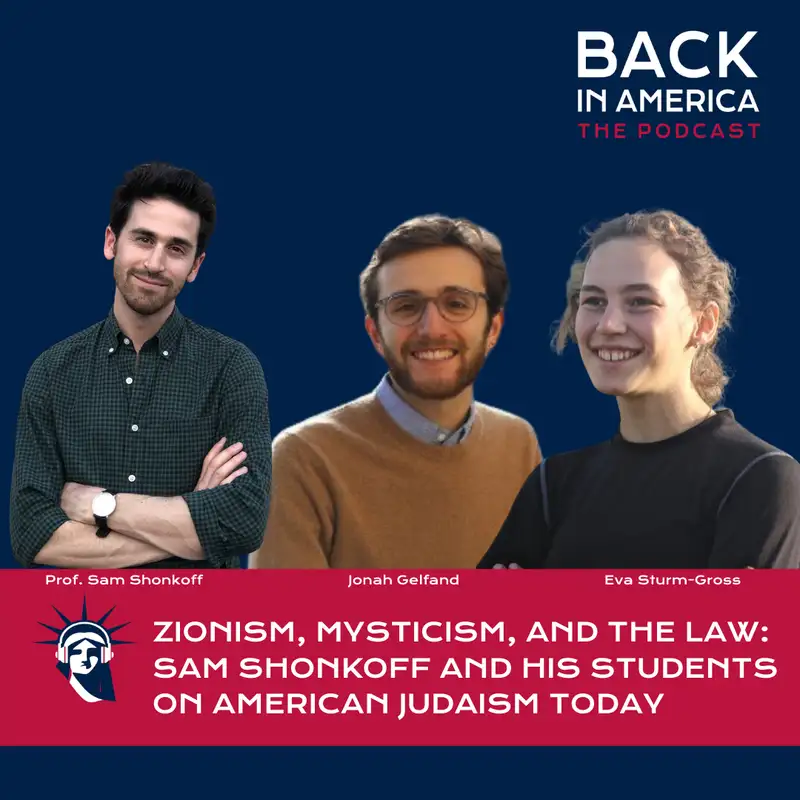Zionism, Mysticism, and the Law: Sam Shonkoff and his students on American Judaism today
What is really at question is the American way of life. What is really at question is whether Americans already have an identity or are still sufficiently flexible to achieve one. This is a painfully complicated question, for what now appears to be the American identity is really a bewildering and sometimes demoralizing blend of nostalgia and opportunism. ––James Baldwin
In recent months, shows about Jewish thought and theology (Pretend it’s a City, Unorthodox) have populated Netflix’s “Trending Now” tab. But what does it mean to be an American Jew in 2021? Why are many Jews today turning towards Hasidism and more conservative forms of religion in a time of unprecedented secularism? Are spirituality and personal faith compatible with traditional Jewish precepts? Why is it the case that Jews have both benefited from and been victimized by white nationalism? And how does Zionism, Jewish nationalism, fit into this story?
To think about these questions, Podcast Editor Josh Wagner spoke with Sam Shonkoff, Professor Jewish Studies at the Graduate Theological Union (GTU) in Berkeley, California as well as two of his students. Sam’s research delves into the intersection between secular spiritual practices and the contemporary Hasidic movement, especially in the thought of not-quite theologian Martin Buber. For Buber, religion was less about acting according to the letter of the law than cultivating a sense of “embodied theology” in the everyday––faith as less of a regulating authority than source of spiritual transformation (tiqqun). His students, Eva Sturm-Gross and Jonah Gelfand both took Sam’s Jewish Mysticism seminar at Oberlin College and became fascinated with the downright odd and weird mystics in Jewish thought. Eva is a junior from Vermont who works at a bakery and is majoring in Studio Art and Religion with a minor in Jewish Studies. Jonah just graduated from Oberlin last June and has followed Sam to the GTU and hopes to continue his personal and professional engagement with Jewish thought. Both Eva and Jonah grew up as secular Reform Jews, yet have decided to become more seriously devout.
While their experience cannot speak for all American Jews, Sam, Eva, and Jonah tell a story about their return to a practical faith in a time of uncertainty and doubt.
To find out more, listen to the episode on Podbean, Spotify, Stitcher, or wherever you usually find your podcasts!
Links:
Sam’s latest book on contemporary Hasidism, edited with Rabbi Ariel Evan Mayse: Hasidism: Writings on Devotion, Community, and Life in the Modern World
The book on top of Sam’s desk at the time of recording this episode: The Obligated Self
Maternal Subjectivity and Jewish Thought by Mara H. Benjamin
Eva’s art Instagram
Martin Buber’s I and Thou

